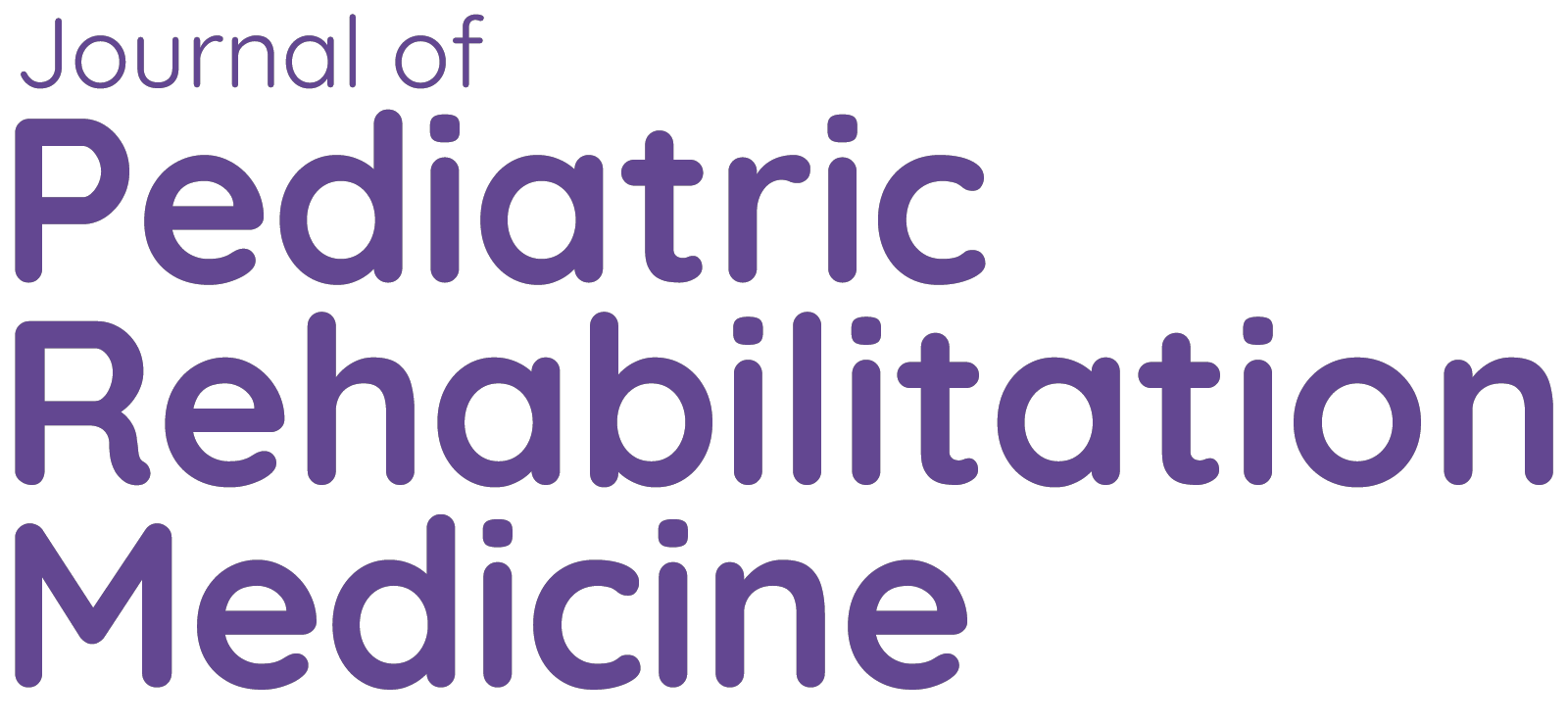In 2017, Jacob Allan Neufeld, MD, MPH, tragically succumbed to the pressures of moral injury and burnout and died by suicide. In honor of Dr. Neufeld’s many achievements and his legacy, the Journal of Pediatric Rehabilitation Medicine community is dedicated to shining a light on the stressors that physicians and other healthcare professionals routinely face, working to affect change to reduce moral injury, burnout, and suicide rate within the medical profession, and promoting wellness.
Physicians and other healthcare professionals have an abundance of strengths. But these strengths can be shaken by moral injury, which can then lead to moral injury, burnout and suicidal ideation.
Moral Injury
“Most physicians enter medicine following a calling rather than a career path. They go into the field with a desire to help people. Many approach medicine with almost religious zeal, enduring loss of sleep, loss of years of young adulthood, huge opportunity costs, family strain, financial instability, disregard for personal health, and a multitude of other challenges. Each hurdle offers a lesson in endurance in the service of one’s goal which, typically starting in the third year of medical school, is sharply focused on ensuring the best care for one’s patients. Failing to consistently meet patients’ needs has a profound impact on physician well-being — this is the crux of consequent moral injury. Physicians aren’t “burning out.” They’re suffering from moral injury.”
From Simon G. Talbot and Wendy Dean, published in Stat News on July 26, 2018. Read the landmark article
Physician Burnout
Physician burnout is a public health crisis that impacts virtually everyone’s health and well-being. Burnout is defined as long-term, unresolvable job stress that leads to exhaustion and feeling overwhelmed, cynical, detached from the job, and lacking a sense of personal accomplishment. It is not only an occupational hazard for physicians, but it is also a health hazard for the public, and the situation has been exacerbated by the coronavirus pandemic.
The 2020 Survey of America’s Physicians (Part 2) reports that 58% of respondents either moderately or strongly agree that they often experience feelings of burnout. More than one-quarter of physicians responding to the survey (26 percent) indicated they know of a physician who has considered suicide. Read the full report
Data from 'Death by 1000 Cuts': Medscape National Physician Burnout & Suicide Report 2021 show the following levels of physician burnout by specialty.
Medicine and Rehabilitation has dropped from 52% in 2018 (ranked as third highest) to 41% in 2021 (now ranked as 14th).
The Association of American Medical Colleges projects a loss of 90,000 physicians by the year 2025 with burnout as the underlying driver (2017 Update: The Complexities of Physician Supply and Demand: Projections from 2015 to 2030). The loss of a physician can cost an institution $990,000 and replacement $500,000–1,000,000.
Resources
Here are resources we would like to share with you:
American Foundation for Suicide Prevention: Healthcare Professional Burnout, Depression and Suicide Prevention
Crisis contact information:
Call 800-273-8255
Text: TALK to 741741
